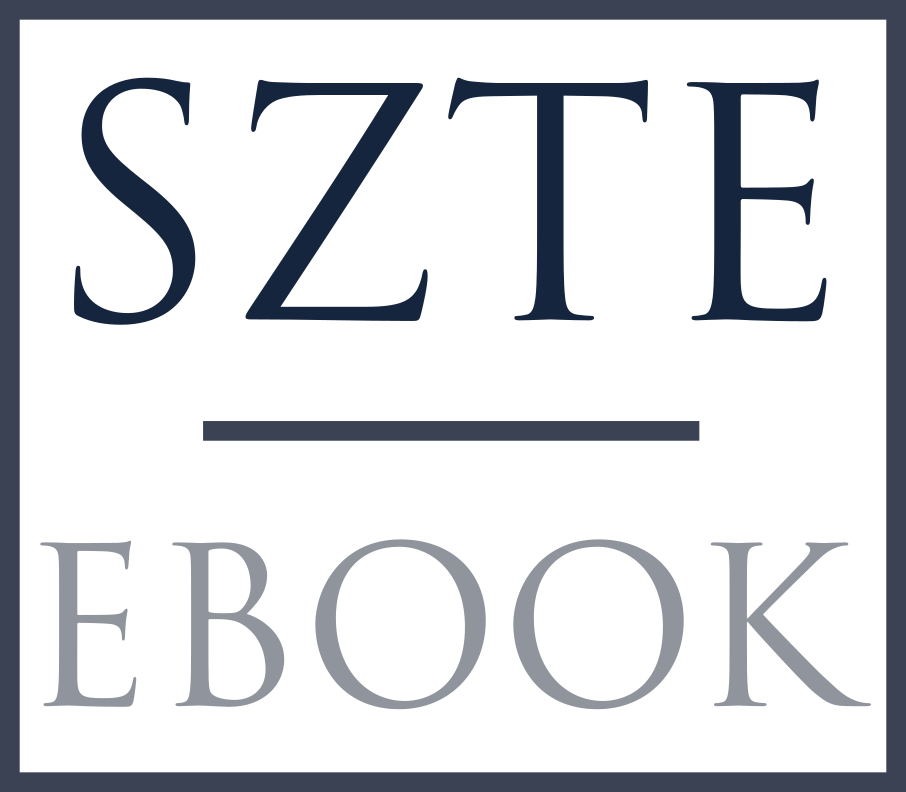Két evangélikus lelkész véleménye a szabadkőművességről az 1870-es és 1880-as évek Magyarországán
Tartalom
The period of dualism was a golden age for Freemasonry in Hungary. In addition to ordinary citizens, influential politicians and public figures, as well as famous artists and scientists got acquainted in growing number with the “royal art” of Masonic lodges. There were also Protestant ministers among the Freemasons, although there were often contradictory opinions about the organization in their congregations. Through the example of two Lutheran ministers, the study presents the conflicting views on Freemasonry in the ecclesiastical circles of the era. One of them was Gusztáv Poszvék, a minister from Sopron, who popularized the ideas of Freemasonry in his work published in 1877. The other opinion came from Ferenc Gyurátz. He was the minister of the Lutheran congregation in Pápa when he published his thoughts on Freemasonry in 1886. Gyurátz, unlike Poszvék, wrote in a critical, though objective tone about the society of Freemasons. The analysis of the views of the two respectable ministers provides interesting insights into and a better understanding of the so far neglected part of the history of the Protestant church in Hungary – the relationship between the Reformed churches and Freemasonry. Kulcsszavak: Szabadkőművesség - Magyarország - 1870-1880-as évek


